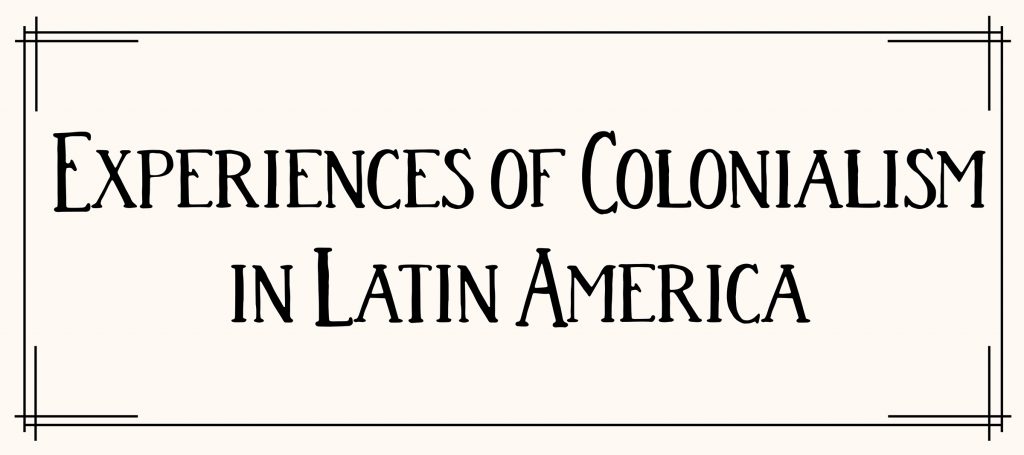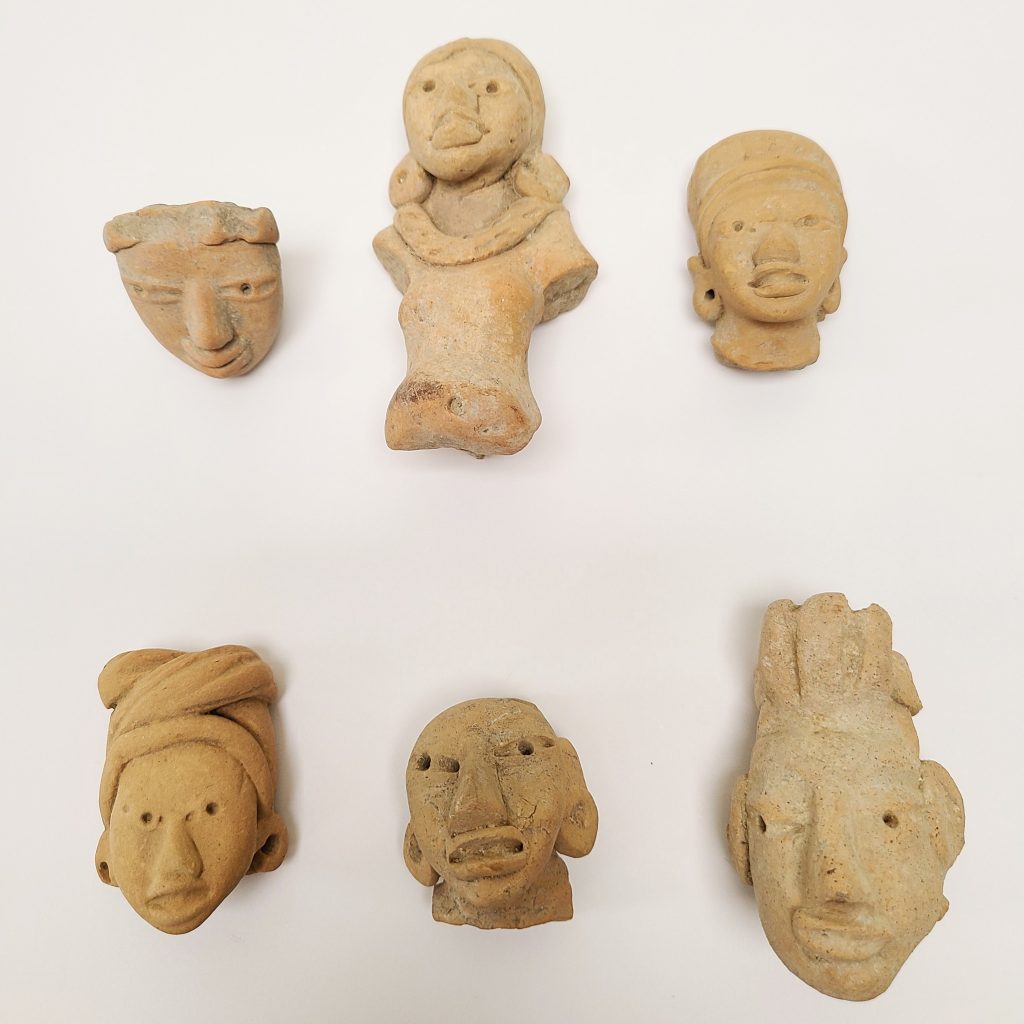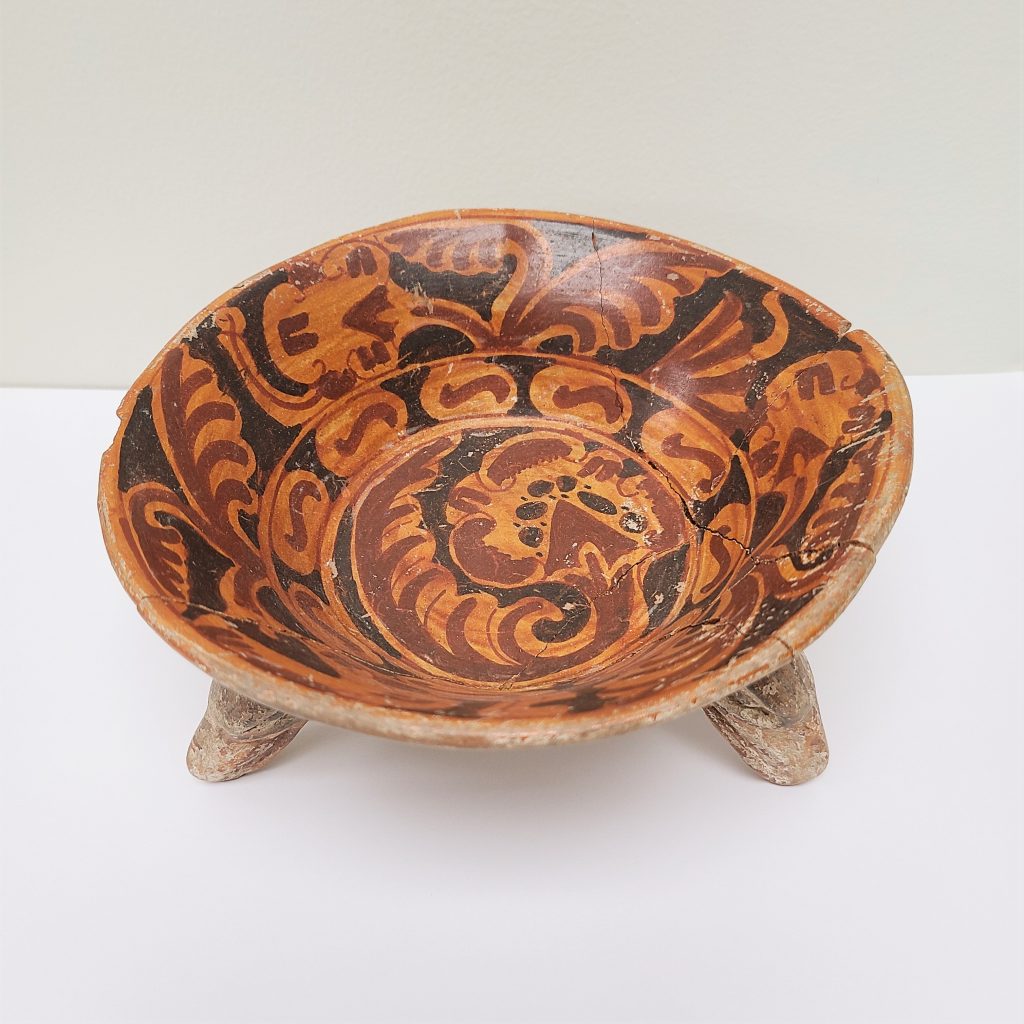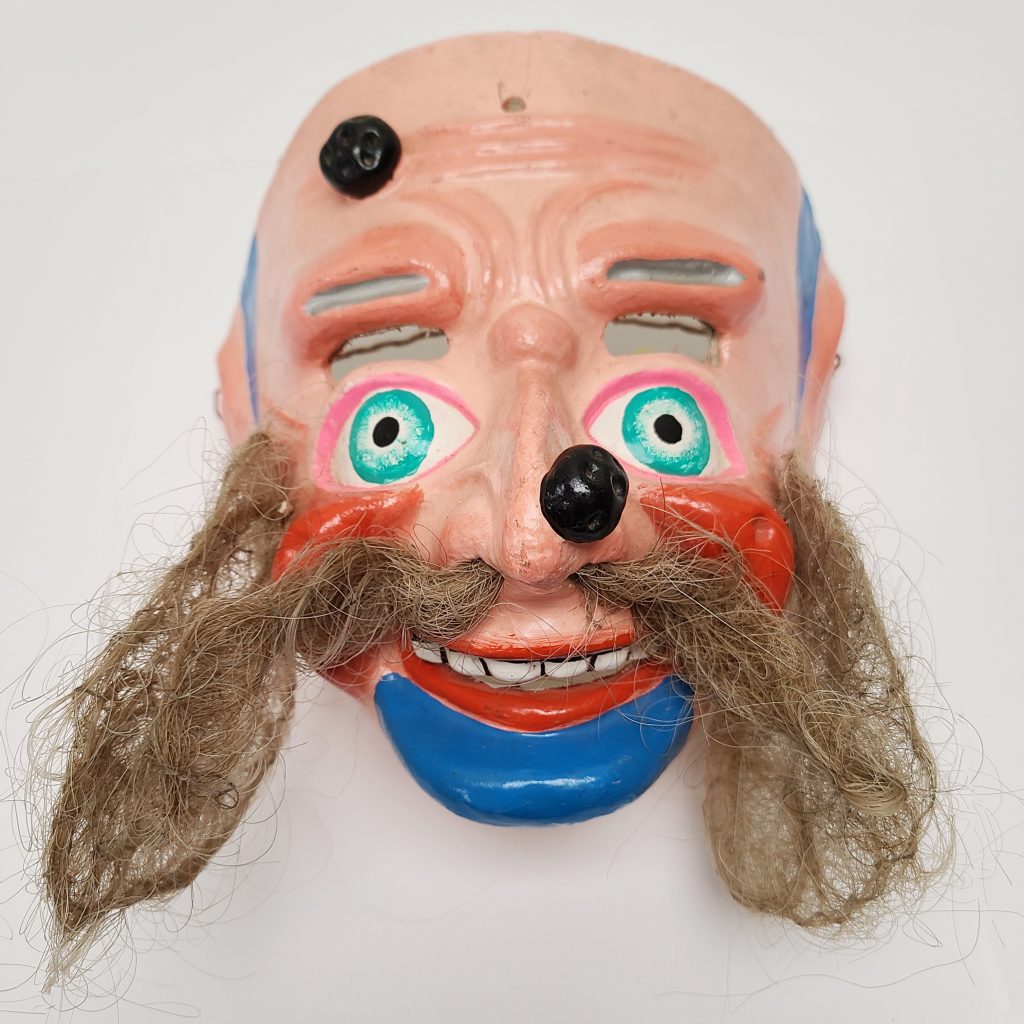Experiences of Colonialism in Latin America

What is Colonialism?
Latin American culture has been significantly influenced by the European powers that historically governed the area. To better understand this history, we must acknowledge the impact of colonialism and its many forms. One type of colonization you may be familiar with is ‘settler colonialism,’ like the early European settlements in North America that excluded and displaced indigenous communities in order to start their own societies. Colonialism looked very different in Latin America. Regardless, all types of colonialism are based on exploitation and cultural repression.
Latin America refers to the parts of South and Central America (including the Caribbean) that were influenced by either Spanish, French, or Portuguese heritage through colonization. Colonization was centered on European conquest and control of lands, resources, and labor. Spanish conquistadors and other colonizers usurped indigenous cultural and political institutions to obtain wealth, status, and glory. This pursuit of power dehumanized indigenous people and destroyed societies that predated Spanish arrival. Religious traditions drawn from European ideologies of what society should be would come to dominate and largely influence these cultures and—in some cases— eradicate native traditions.
Explore the sections of this exhibit:



This exhibit was curated by the students in the WFU course Empire & Colonialism in Latin America (ANT 385 Spring 2021) led by Dr. Carla Hernández Garavito: Kyle Cattin, Sekou Cisse, Sarah Comegno, James Furman, Ethan Hawkins, Andrew Lenart, Josh Milon, Cole Nikas, Robby Outland, Kat Pitchford, Amelia Schulte, Sean Walker, and Abi Walters.
This exhibit was on display from January 18 to July 23, 2022.
